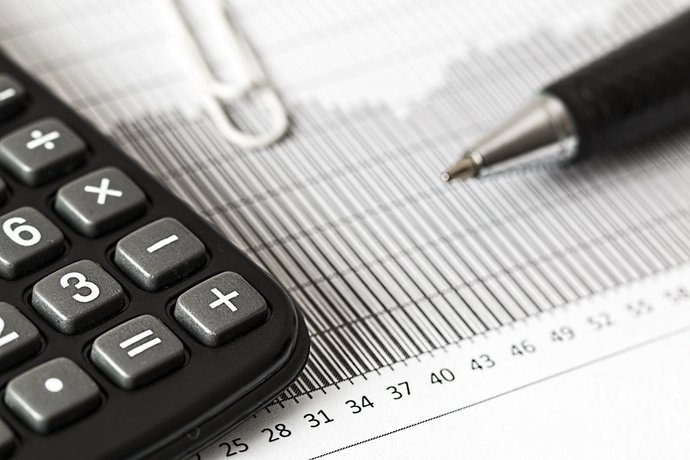Bankruptcy results when you have poor spending habits coupled with equally poor savings habits.

Bankruptcy could result in a number of social and financial problems not only for the defaulter but also for the overall economic setup of the country. The U.S. government has bound the filers for bankruptcy via strong laws.
Now, people who have experienced bankruptcy need to attend mandatory credit counseling, make ongoing payments to creditors and go through mandatory financial-management education.
Bankruptcy also results in poor credit rating which makes it more than challenging to borrow any loan at the standard rates for up to ten years. In the meantime, if you do manage to get a loan it will be at a
Moreover, bankruptcy never exempts you from lawsuits, eviction, suspension of your driving license, etc.
All this has been done to discourage the people to think about filing for bankruptcy. Instead of facing the adverse effects of bankruptcy, it is much better to follow the following useful tips to avoid it altogether.
Don’t Live Above your Means
- It has become a poor new social norm to live beyond one’s means. If this is what drove you to bankruptcy in the first place, you need to stop spending beyond your means and keep your eyes on your accounts closely. If you can’t do it well or at all yourself, it would be a good idea to hire some help which in the end will save you money big time.
Calculate your Monthly Spending
2. Calculate your budget in order to make sure that you are spending within your means. No matter what happens, resolve that you will never go above budget for that month.
Think about Availing a Bail-out Package
3. Estate loans, commercial bank loans, ready-line cash loans, residential bridge loans, etc. are easily available in the market. This remedy must prove the best tool to avoid bankruptcy.
It should never make you too relaxed to make any further efforts to minimize your financial pressure. Take it as the last blessing and utilize it fully well to get the desired results.
Curb your Spending
4. Cut up your credit cards immediately and pay in cash for every purchase. You will be much more careful about every little spending if you have to pay cash. Seeing the currency notes in actual while paying cash will create a psychological pull in your mind and you may feel reluctant to use too many.
Downsize your Lifestyle
5. by re-considering both the big and the small things you will be able to make a useful inventory of what stays and what goes. In the end you’ll notice that every penny counts.
Some big-ticket items that you can downsize on are a big house, an expensive big car, a bike or other recreational vehicle, going on vacation trips, etc. After spending a few months this way, you will observe a huge difference in your financial position.
Eliminate Extra Expenses
6. Avoid any extra non necessary expenses. Every time you have the impulse of makes a purchase, ask yourself the question; do I really need this? If the answer is no, it’s very simple, don’t purchase it.
For example, we may consider the following being something that we need: visits to the spa, magazines subscriptions, dining out, high-speed internet, cable television, cellular telephones, alcohol and cigarettes, gym membership, etc. Is there anything that you have considered to be a must that might just be an extra?
Maximize your Income
7. To increase your income, at least for a while, try to sell items that you don’t need and might have purchased in your free-spending days. Rent some extra space or items you may have and that is rentable.
In the end, it is advisable that once you recover from your
